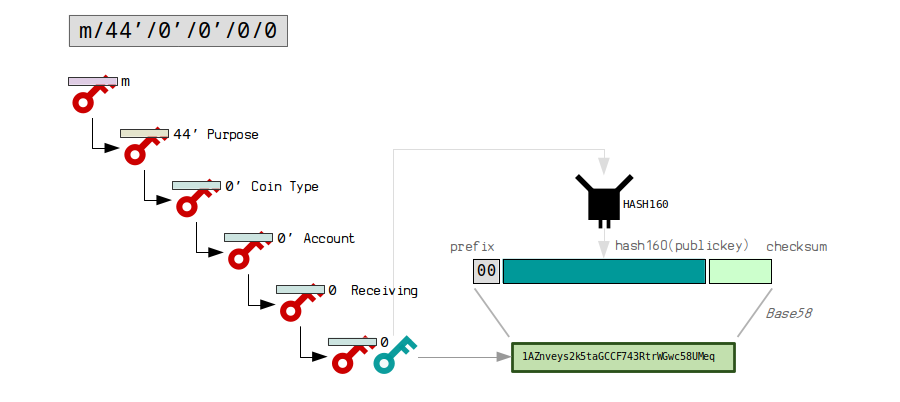
We’re excited to share that the @cheqd_io DID resolver is now publicly available on our @github.
We’re big fans of #OpenSourcing all that we can, and this is an exciting opportunity to share our work!
github.com/cheqd/did-reso…
But what does this mean?
Read on 🧵
We’re big fans of #OpenSourcing all that we can, and this is an exciting opportunity to share our work!
github.com/cheqd/did-reso…
But what does this mean?
Read on 🧵
A #DID (#DecentralisedIdentifier) is a unique identifier that doesn't require a centralised registration authority because it is registered with a distributed ledger technology or other form of registry.
This is known as a Verifiable Data Registry.
w3.org/TR/did-core/
This is known as a Verifiable Data Registry.
w3.org/TR/did-core/
#DIDs are the cornerstone of #SSI and work closely with #VCs (#VerifiableCredentials)
Learn more in our example below which neatly uses James Bond's Aston Martin
learn.cheqd.io/overview/intro…
Learn more in our example below which neatly uses James Bond's Aston Martin
learn.cheqd.io/overview/intro…
Across the #SSI world, there are a number of #DIDmethods.
A DID method simply specifies the precise operations by which DIDs and DID documents are created, resolved, updated, and deactivated.
@cheqd_io has its own DID method (did:cheqd)
docs.cheqd.io/node/architect…
A DID method simply specifies the precise operations by which DIDs and DID documents are created, resolved, updated, and deactivated.
@cheqd_io has its own DID method (did:cheqd)
docs.cheqd.io/node/architect…
What makes a #DID useful is the associated #DIDDocument.
This contains information about the #DID subject, for example an ID, a controller, the type of cryptographic key and so forth.
A #DID is nothing without its #DIDDoc.
This contains information about the #DID subject, for example an ID, a controller, the type of cryptographic key and so forth.
A #DID is nothing without its #DIDDoc.
And what about a #DIDResolver?
A #DIDResolver is essentially the tool that enables a user to determine the contents of a DID (to “resolve the DID”) i.e. retrieve the #DIDDocument
A #DIDResolver is essentially the tool that enables a user to determine the contents of a DID (to “resolve the DID”) i.e. retrieve the #DIDDocument
A good example of this is how we used the ‘service’ section of a #DIDdocument to hide our first #NonFungibleDID
More on this here:
cheqd.io/blog/a-new-hop…
cheqd.io/blog/a-new-hop…
#DIDs can be resolved and made available to anyone with access to a #DIDResolver.
An example of a widely used DID Resolver is the @DecentralizedID Universal Resolver.
dev.uniresolver.io
An example of a widely used DID Resolver is the @DecentralizedID Universal Resolver.
dev.uniresolver.io
Here anyone can simply enter a #DID and retrieve the associated information without a tight integration with the ledger making it much easier for projects to create solutions around DIDs.
did:cheqd will be on there soon!
Thanks for the support @DanubeTech
did:cheqd will be on there soon!
Thanks for the support @DanubeTech
So, to summarise.
We’ve #OpenSourced our own #DIDResolver
This will mean more of our partners can engage with the @cheqd_io network and leverage the capabilities in their suite of tools.
cheq it out, start using and let us know your thoughts!
github.com/cheqd/did-reso…
We’ve #OpenSourced our own #DIDResolver
This will mean more of our partners can engage with the @cheqd_io network and leverage the capabilities in their suite of tools.
cheq it out, start using and let us know your thoughts!
github.com/cheqd/did-reso…
• • •
Missing some Tweet in this thread? You can try to
force a refresh







